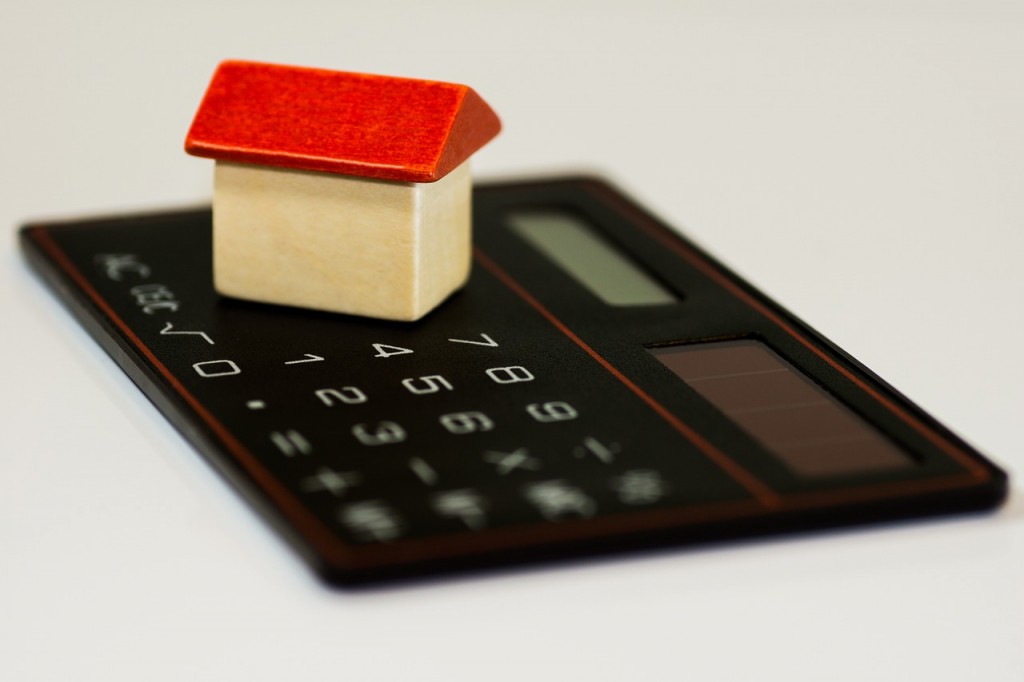Aside from actually finding a home, the most important part of a home purchase is securing financing. The majority of buyers who will reside in the property they are purchasing will require a mortgage but not all mortgage products are made the same. Before you even request a pre-approval, know what your home financing options are and which one will benefit you the most.
Fixed Rate
This is the mortgage most people think of when they consider financing. There are no adjustments to the terms of the loan once the mortgage paperwork is signed. The rate will always remain the same as will the principle & interest portion of the monthly payment. (Monthly payments typical vary on the life of the loan due to property taxes & insurance rate changes.) The term of these loans are typical 15-, 20-, 30-, and 40-years.
Adjustable Rate
This type of mortgage is also known as an ARM. ARMs allow for smaller payments in the beginning of the loan due to lower initial interest rates and future adjustments to the interest rate later on based on the market’s current rates at the time of adjustment. There are many variations of the adjustable terms including 1/1 which sees a rate adjustment every year for the life of the loan and 3/3 which sees a rate adjustment every 3 years after an initial period of three years for the life of the loan.
Interest Only
These loans allow the borrower to pay only the interest due on the loan for a fixed amount of time; the mortgage can be either fixed or adjustable. Once the interest only period expires, the borrower will be required to pay the mortgage in full or the monthly payments will switch to full amortization and include principle.
Balloon
Balloon mortgages follow a traditional fixed rate payment schedule but after a predetermined time frame (3-10 years depending on the lender) the remaining balance of the loan becomes due in full. Some balloon mortgages allow the borrower to roll the mortgage over to a more traditional long term loan.
In addition to deciding what type of rate and payment structure will suits their needs, borrowers must also decide how they will qualify for financing. Some borrowers don’t require any assistance but many first time buyers and those who have had credit issues in the past may need the backing of government bodies to insure their loan.
Conventional
Conventional financing is a loan that is made without any backing for a government body. These loans usually require a down payment of 20% or more of the home’s sales price.
FHA
These loans are insured by the Federal Housing Administration under the direction of the Department of Housing and Urban Development (HUD). The government insures against losses a lender may incur should the borrower default. These loans can require as little as a 3% down payment. The FHA imposes strict guidelines related to the borrower’s income and debt and also the condition of the home being purchased.
VA
All eligible former and present United States service members qualify for mortgage backing from the Department of Veterans’ Affairs. The program is similar to FHA backing however VA borrowers are not required to meet down payment minimums.
It’s important that borrowers educate themselves and decide on their financing options before house hunting. With the knowledge of what type of product they will use to finance their purchase they will be better able to choose a property that meets both their needs and the guidelines of a mortgage underwriter.
